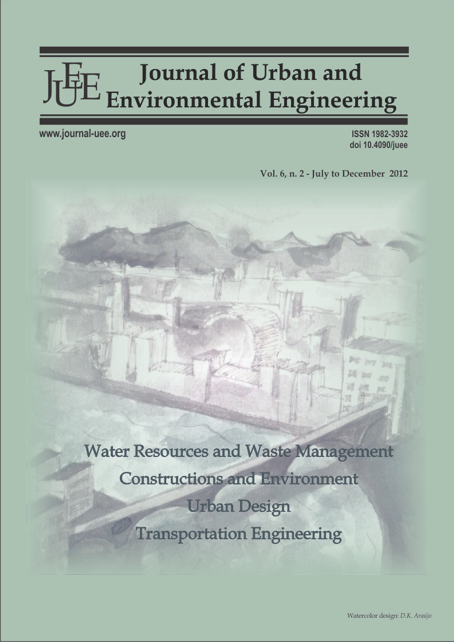URBAN SOLID WASTE MANAGEMENT OF GUWAHATI CITY IN NORTH-EAST INDIA <a href="http://dx.doi.org/10.4090/juee.2012.v6n2.067073">(doi: 10.4090/juee.2012.v6n2.067073)</a>
DOI:
https://doi.org/10.4090/juee.2012.v6n2.%25pKeywords:
C/N ratio, energy content, solid waste, volatilityAbstract
In recent years municipal solid waste (MSW) management has been one of the most environmental concerns for all urban areas of India. Most of the urban centers have neither adequate land nor any facility for MSW disposal. In view of scarcity of lands for making landfill sites, solid wastes can be used for energy recovery resulting in volume reduction, thus requires less area for its disposal. Guwahati is one such city of North-East India, having the potential to recover the energy from solid wastes and at the same time the waste management system of the city can be improved. This paper attempts to characterize the urban solid waste of the city as well as its energy potential for various uses. Results showed that the average generation rate of MSW was 0.7 kg/capita/day and the city has the potential to generate the power of 30 MW from the solid waste.Downloads
Download data is not yet available.
Downloads
Published
2012-12-26
Issue
Section
Articles




